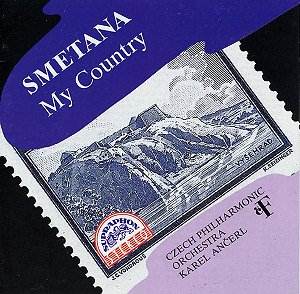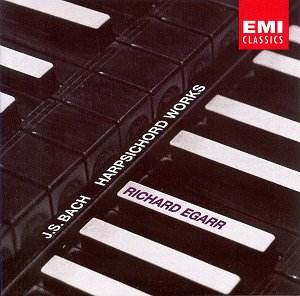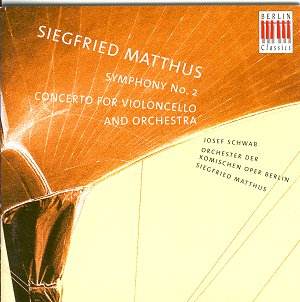 Composer: Bedřich Smetana
Composer: Bedřich Smetana
Works: Má Vlast (My Country); Vyšehrad; Vltava (The Moldau); Šárka; Z českých luhů a hájů (From Bohemia’s Woods and Fields); Tábor; Blaník
Performers: Czech Philharmonic Orchestra, cond. Karel Ančerl
Recording: Recorded at the Dvořák Hall of Rudolfinum, Prague on 7/10/13/14 January 1963
Label: Supraphon
Bedřich Smetana stands as a towering figure in the pantheon of Czech composers, his music embodying the very essence of his homeland’s spirit and folklore. “Má Vlast,” a cycle of six symphonic poems, is not merely a collection of orchestral works; it is a profound love letter to Bohemia, rich with nationalistic fervor and vivid imagery. The 1963 recording by the Czech Philharmonic Orchestra under Karel Ančerl serves as an exemplary rendition of this seminal work, capturing both the historical significance of Smetana’s compositions and the exquisite craftsmanship of the orchestra.
The performance is characterized by a palpable sense of authenticity that resonates throughout the cycle. Ančerl’s interpretative choices reveal a deep understanding of Smetana’s intricate textures and emotional landscapes. Take, for example, the shimmering opening of “Vltava,” where the flowing river theme emerges with an almost ethereal quality, the strings weaving a delicate tapestry that evokes the gentle movement of water. Ančerl’s tempo is judiciously chosen, neither too rushed nor languid, allowing the listener to savor each phrase while maintaining the momentum that drives the piece forward. The woodwinds, particularly the flutes, articulate their lines with a buoyant lightness, further enhancing the aquatic imagery.
The ensemble’s technical prowess is particularly evident in “Šárka,” where the vigorous rhythms and dramatic contrasts are executed with a precision that underscores the narrative tension of the story. The brass section, robust yet nuanced, adds a thrilling heft to the climactic moments, while the strings convey the emotional depth of the protagonist’s struggle. Ančerl’s ability to balance these elements is commendable; he allows the orchestra to breathe while maintaining a cohesive sound that is both vibrant and engaging.
Sound quality, while reflective of its era, has been remarkably preserved. The engineering captures the warmth of the orchestra, even if the recording lacks some of the clarity and dynamic range found in more contemporary releases. The ambient quality of the Dvořák Hall provides a fitting backdrop, lending the performance an authenticity that aligns seamlessly with Smetana’s intent. Although the booklet notes are somewhat sparse, the music itself speaks volumes, allowing listeners to immerse themselves in the depths of Smetana’s vision without distraction.
When considering the many interpretations of “Má Vlast,” Ančerl’s recording stands alongside notable competitors such as the 1954 performance conducted by Václav Talích and the vibrant interpretation by Jirí Belohlávek. Each brings its unique flavor to the cycle, yet Ančerl’s connection to the music feels particularly intimate, a testament to his deep roots in Czech tradition. Comparatively, while some modern recordings, like that of Sir Charles Mackerras, offer a polished sheen, Ančerl’s interpretation thrives in its raw immediacy and passion, bringing the essence of Czech folklore to life in a way that feels both timeless and immediate.
The Czech Philharmonic Orchestra, under Ančerl’s direction, delivers a performance that not only celebrates Smetana’s genius but also serves as a resonant reminder of the cultural and emotional undercurrents that define “Má Vlast.” This recording is not merely an auditory experience; it is an invitation to explore the rich tapestry of Bohemia’s landscapes and legends, making it an essential addition to any classical music collection.



